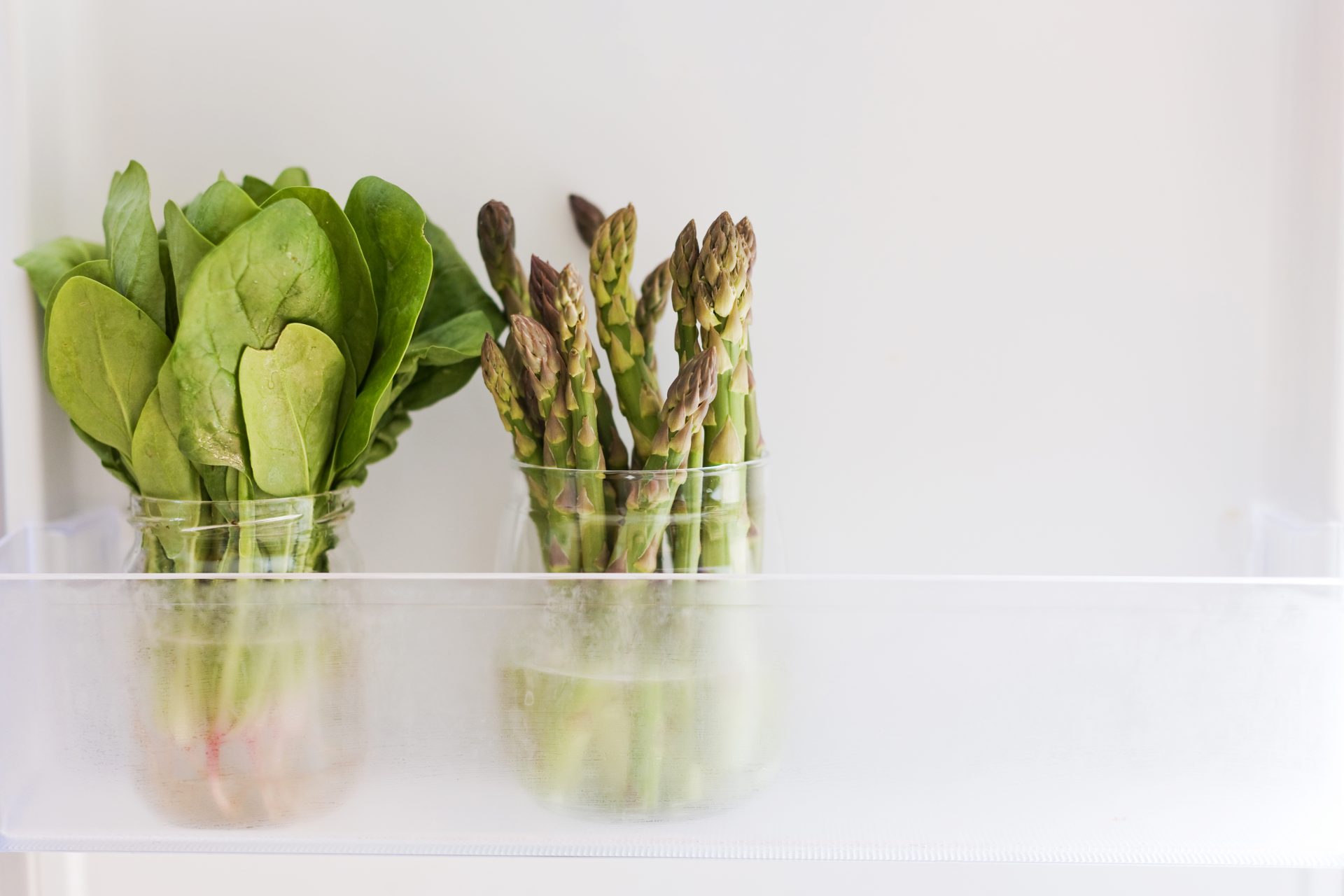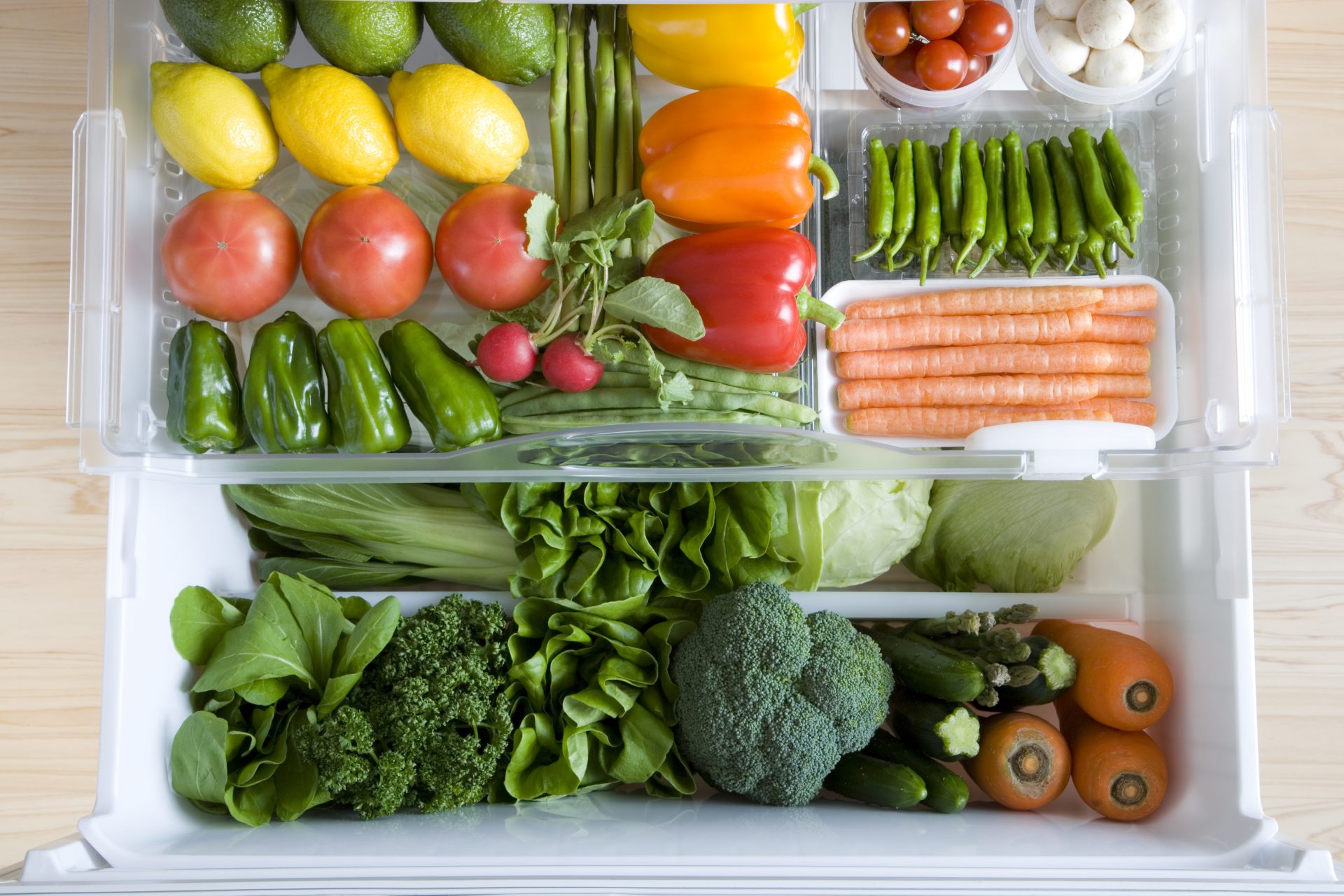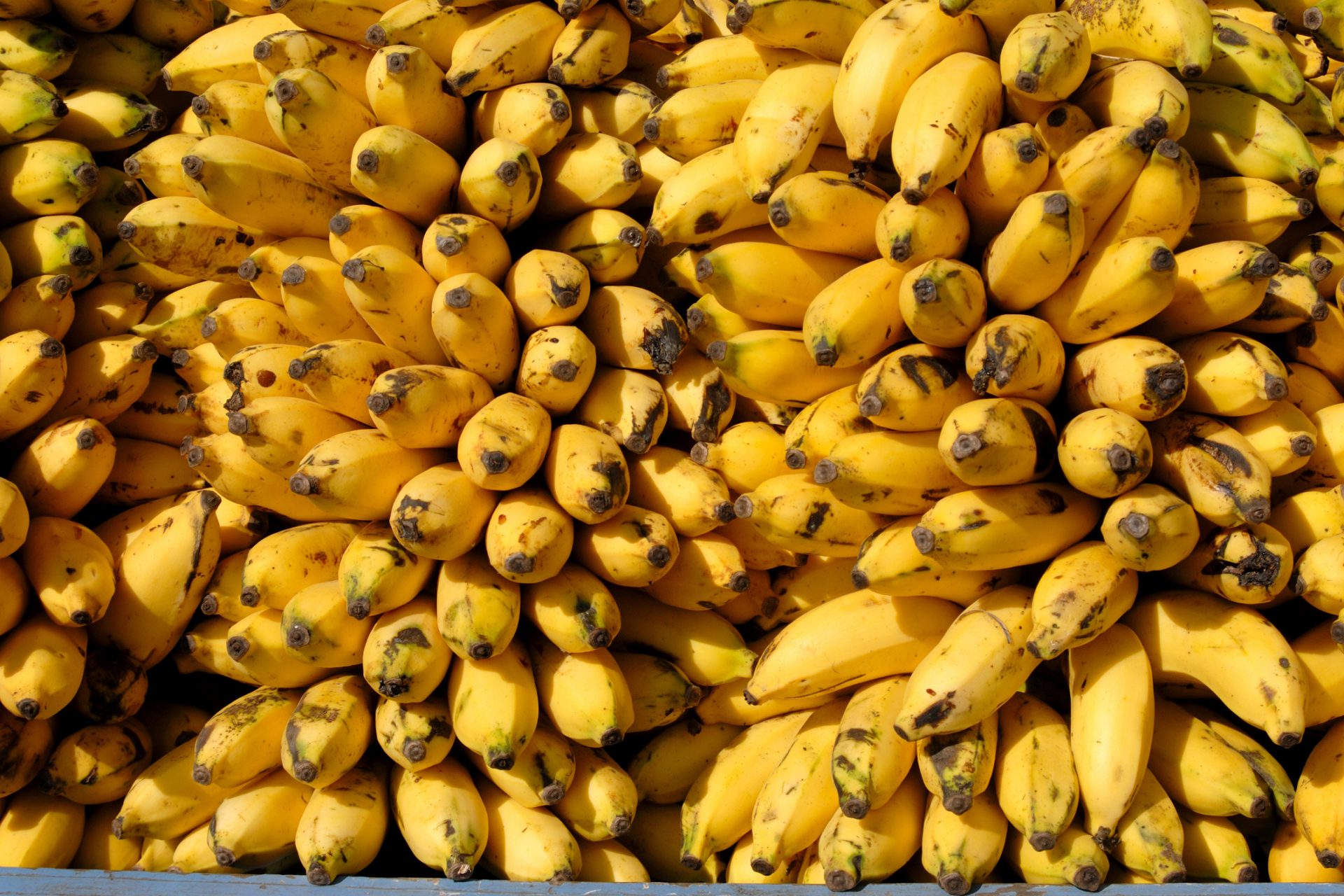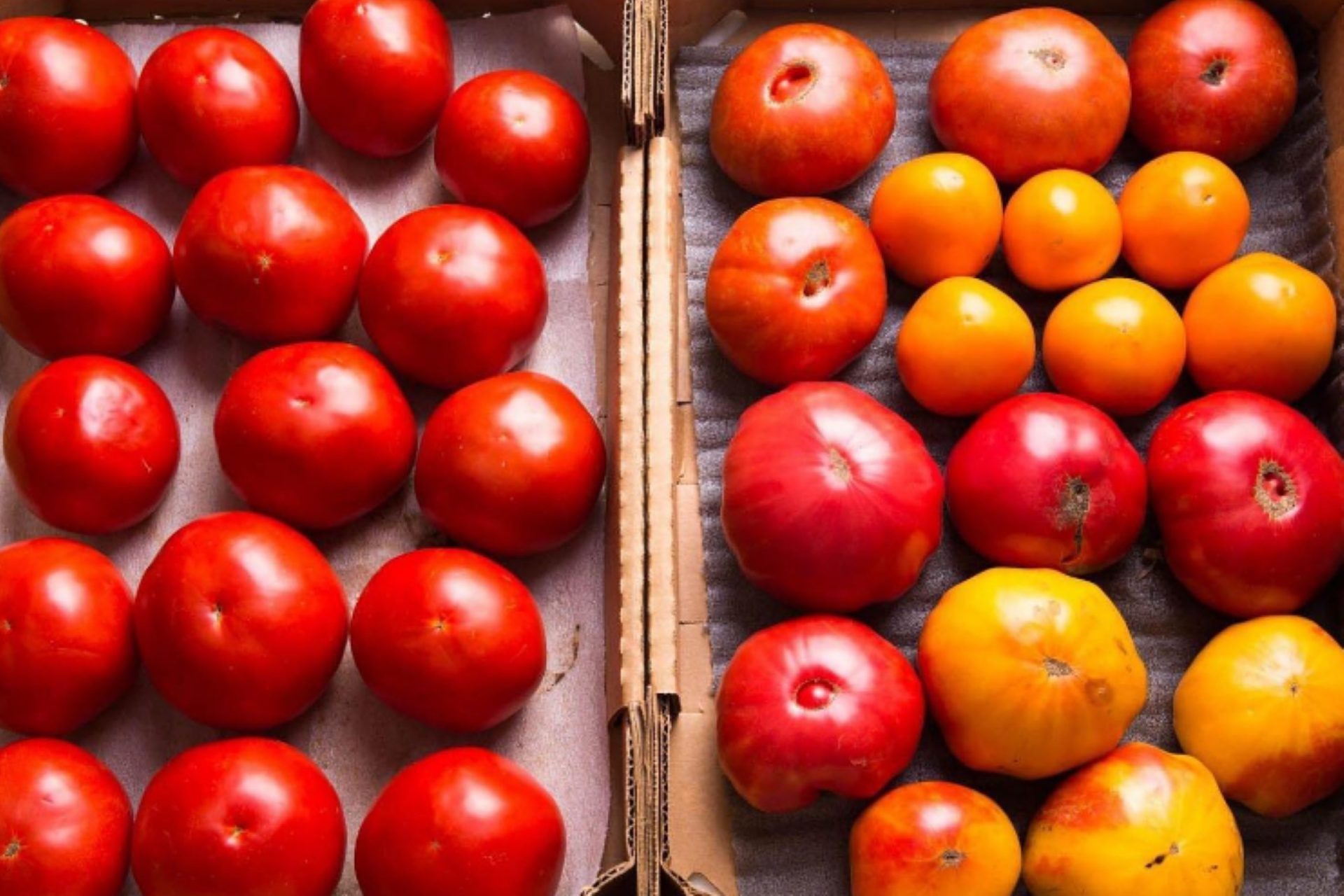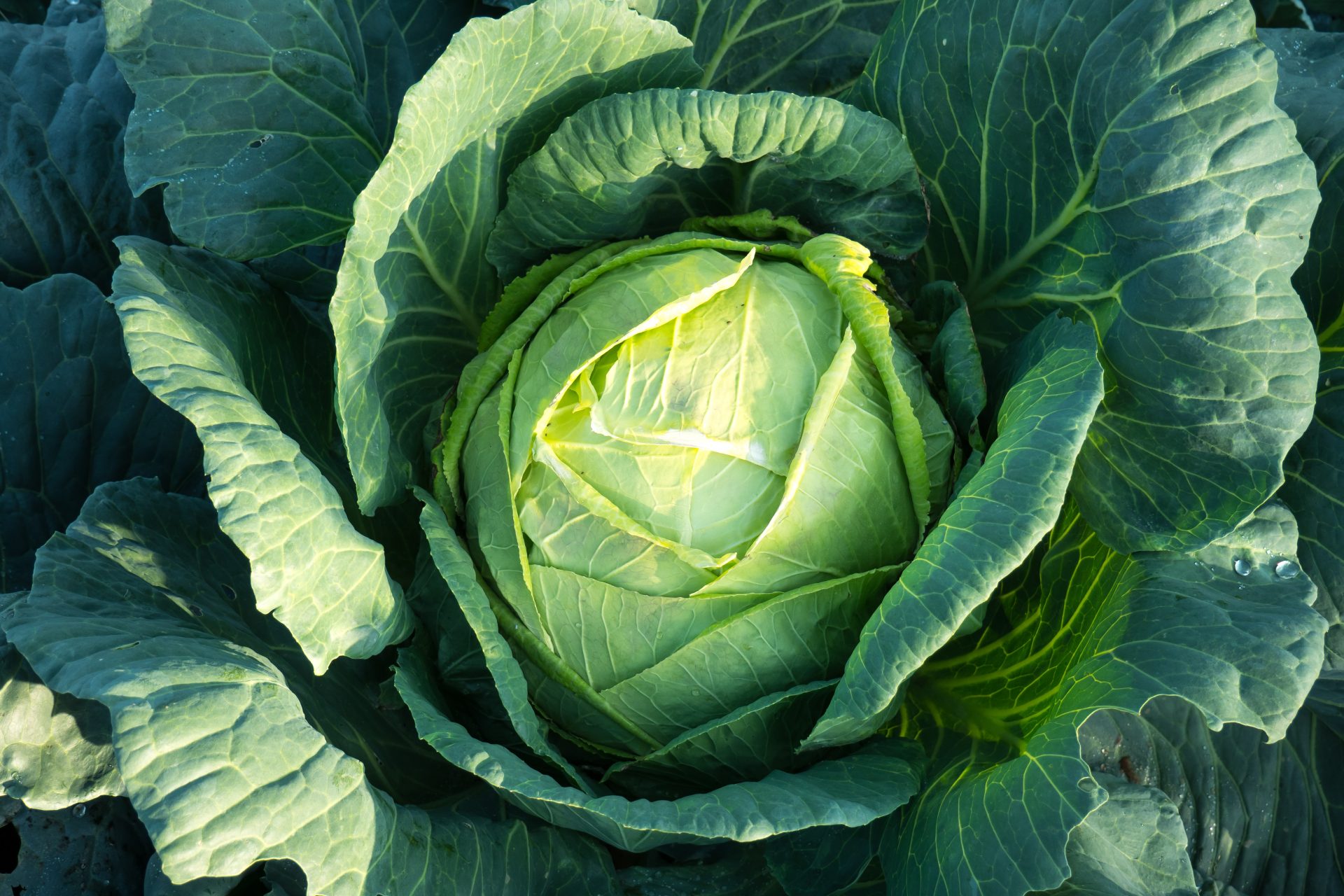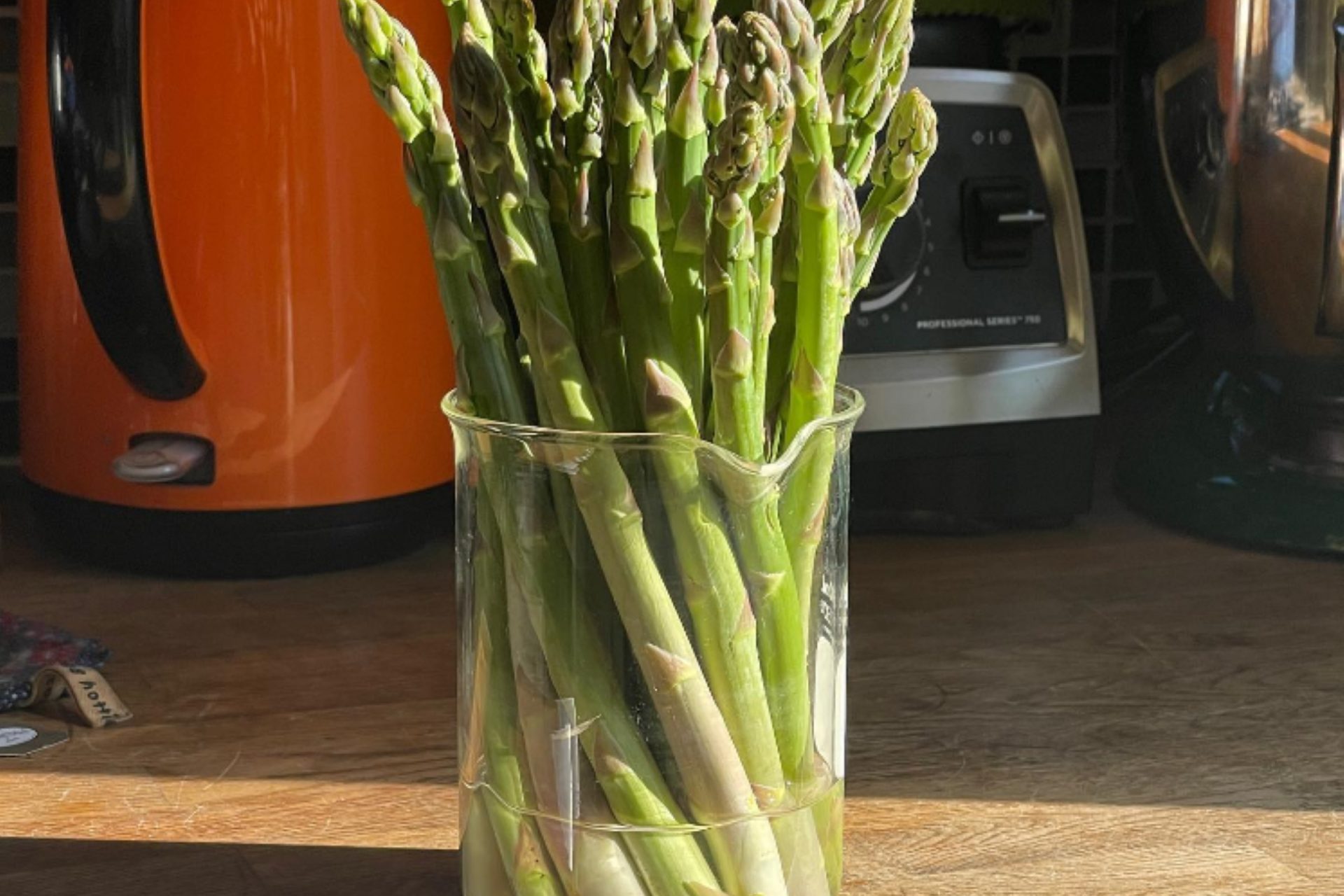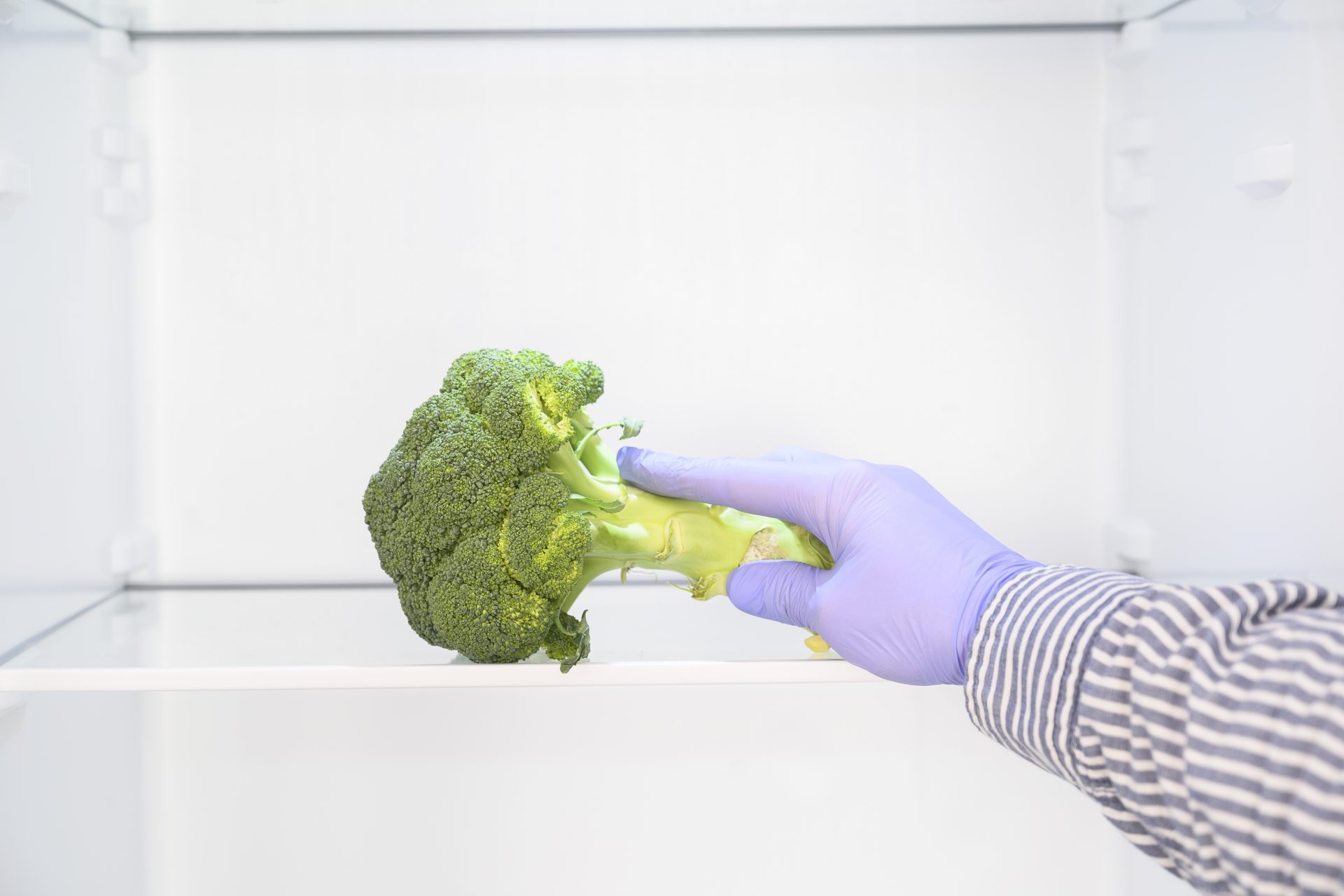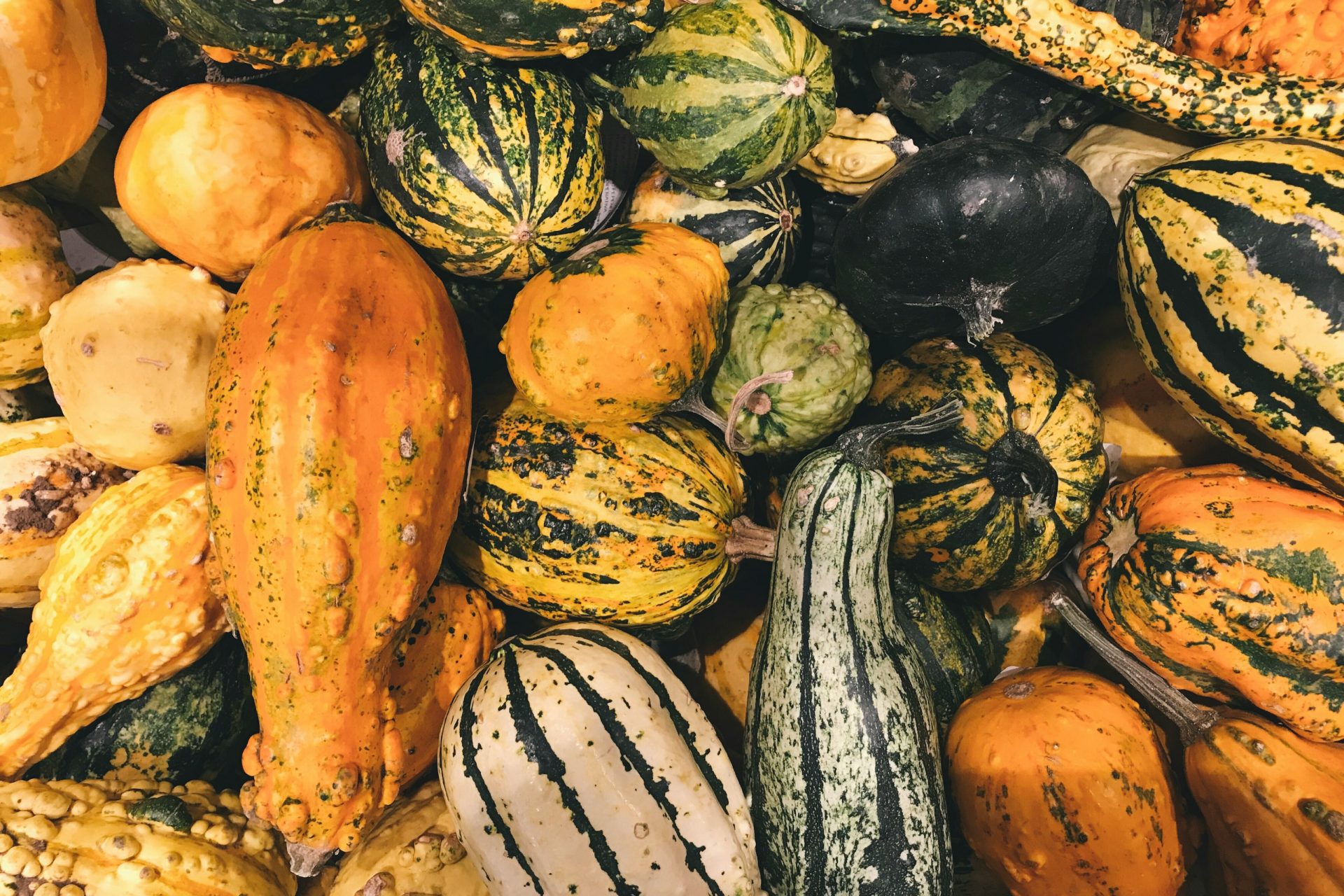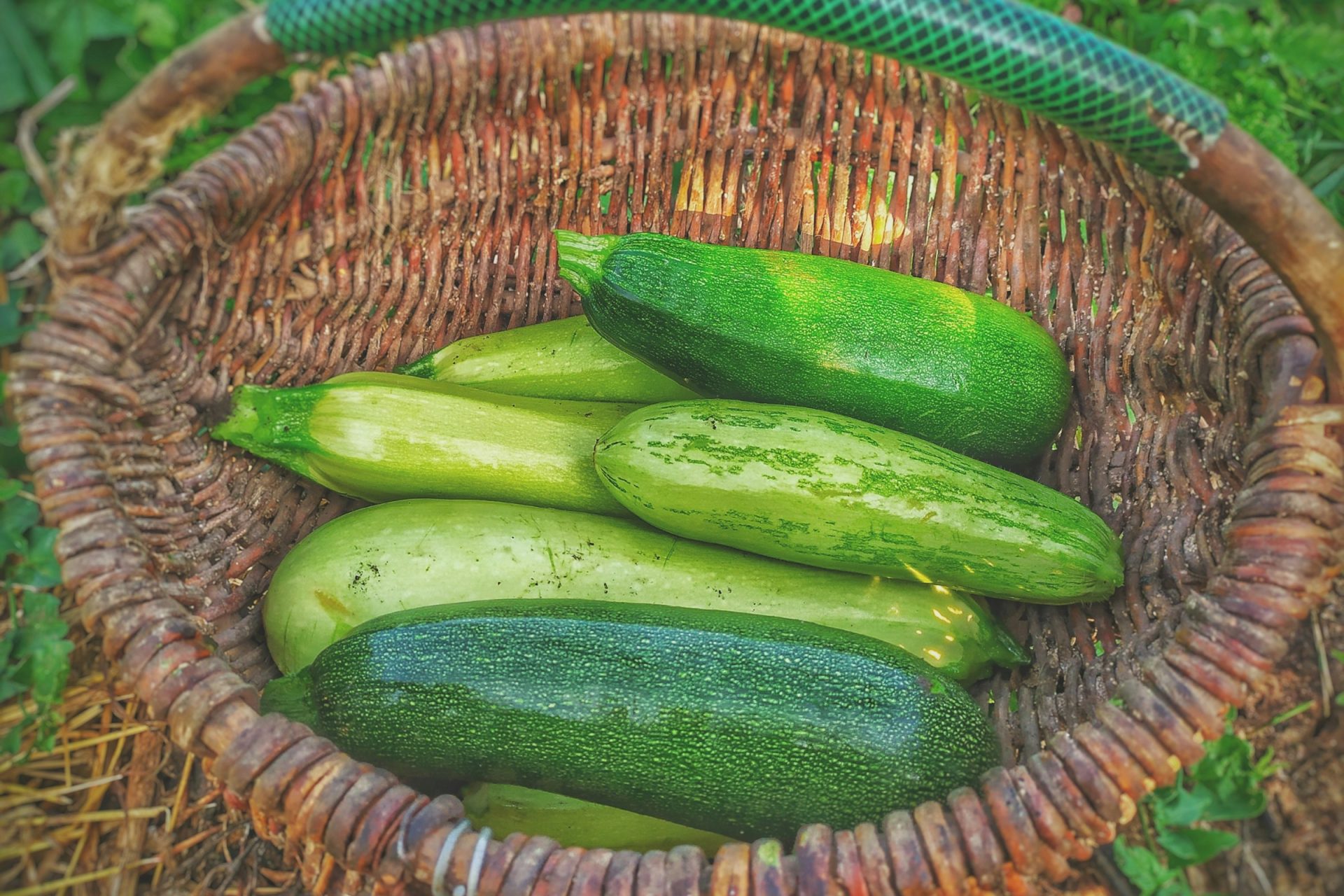Tricks for storing veggies to make them last longer!
Storing vegetables correctly can be a subtle art. Different items have varying needs regarding temperature, humidity, and proximity to other produce. Understanding these nuances can drastically extend the life and taste of your produce and reduce food waste. Read on for important information that will help save wasted food... and money!
Want to keep your vegetables fresh and delicious for as long as possible? Emily Gove, a fresh produce strategist, told the New York Times that when storing produce you have to consider “temperature, ethylene, and airflow—the big three." Temperature and airflow are pretty obvious... but what's the deal with ethylene?
Follow Showbizz Daily to stay informed and enjoy more content!
Some fresh produce emits ethylene, a gaseous plant hormone that helps them ripen. Big producers include bananas, melons (such as cantaloupe, not watermelon), apples, tomatoes and avocados. The varieties of each fruit do make a difference, according to the Washington Post. McIntosh apples produce lots of ethylene and are very sensitive to it, while varieties such as Fuji and Pink Lady produce much less, for instance.
Of course, all the ethylene producers are ripened by ethylene, but other produce is also sensitive to it. So, in general, you want to avoid storing ethylene-producing items near ethylene-sensitive ones to preserve them longer. Extra-sensitive veggies include asparagus, broccoli, cauliflower, cabbage, cucumbers, zucchini, squash, and leafy greens like spinach and lettuce.
Avoid refrigeration as it can cause potatoes to turn their starch into sugar and affect the taste and cooking properties. Instead, store them in a cool, dark place with high humidity and good air circulation (watch out for heat generated by appliances). Keep them away from onions and bananas, which can cause them to spoil faster due to ethylene gas. However, since ethylene dissipates in open spaces, a bigger worry about onions is picking up the smell and different humidity needs.
These should also stay out of the fridge. You can store them together in a cool, dark place with low humidity (65-75%, according to the New York Times) and some air circulation. Do not keep them in plastic bags; a mesh bag, open container or basket works best. Keep them separate from potatoes to avoid moisture and ethylene issues.
Some say to never put tomatoes in the fridge, but that's not quite true. If your tomatoes are from a farmer's market or the garden, and Serious Eats recommends removing the stems and storing unripe tomatoes upside down until they fully ripen. The following applies to all tomatoes: Once ripened on the counter, put them in the fridge with the stem down on some paper. Putting on an upper shelf near the door is fine because it's warmer. Ideally, you could put them in a wine fridge or cellar, but a fridge will definitely help preserve them longer, especially on hot summer days.
Photo: boxdivvy / Instagram
For cabbage, refrigeration is best. For uncut cabbage, you can store it whole in your fruit or veggie drawers without any protection. But if space is an issue, or you want to use part of one, cut it into quarters and store it in ziplock bags. Edges may oxidize but you can just cut them off.
Image: Dan Cristian Padure / Unsplash
Trim the ends and stand them upright in a glass of water, loosely covered with a plastic bag. This keeps them hydrated and can help asparagus stay crisp for up to two weeks, according to Martha Stewart.
Photo: trinitybellwoodsfm/Instagram
These veggies are quite sensitive to ethylene, so it's important for them to have airflow and not be crammed in with fruits like apples. Martha Stewart recommends using a micro perforated plastic bag in the crisper drawer. Ideally, you want to make sure quite dry before putting broccoli or cauliflower in the fridge, which promotes decay. Both veggies only last around one week when stored properly.
Remove any leafy tops as they draw moisture from the roots, then store these vegetables in the fridge in a plastic bag or airtight containers for the longest shelf life. They emit minimal ethylene, so they can be stored next to other vegetables without causing harm, though they can be sensitive, so watch out for apples and other offenders.
Store winter squashes like butternut, acorn squash and pumpkins at room temperature in a cool, dry place away from sunlight. They have a long shelf life and do not need to be refrigerated until cut. If you only use half, it's great to peel, cut and store in a sealed container or bag so it's ready to cook when you want it.
Photo: Brigitte Tohm/Unsplash
When picking summer squash, smaller ones can often taste better. Don't wash before use. You can stick them in your fridge's crisper drawer for a couple of days, but if you want to extend storage longer, Utah State University says to store fresh squash in the refrigerator crisper in plastic storage bags or rigid containers with an open end to retain moisture. This way, squash will maintain quality for 5-7 days. Avoid storing fresh squash in areas that might freeze.
Photo: Igor Osinchuk/Unsplash
Follow Showbizz Daily to stay informed and enjoy more content!
To keep your cucumbers delightfully crisp, it is recommended to remove from them from packaging and rinse well with cold tap water. From there, dry them, and wrap in a clean kitchen towel or paper towel, according to Epicurious, which uses the mantra: clean and swaddle.

